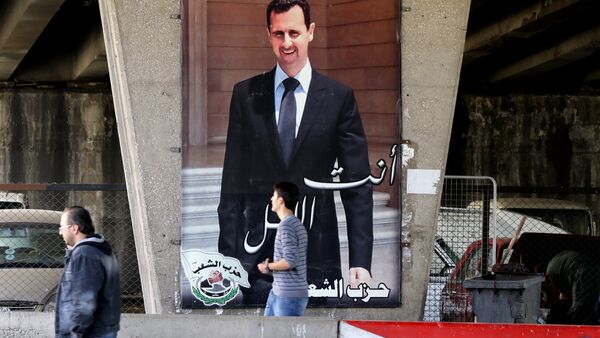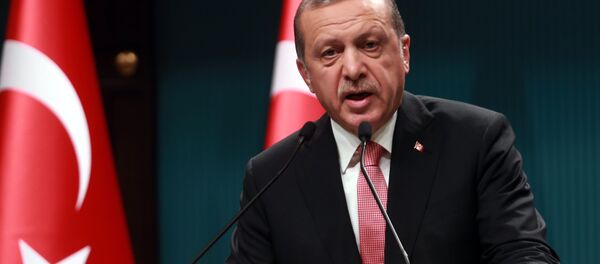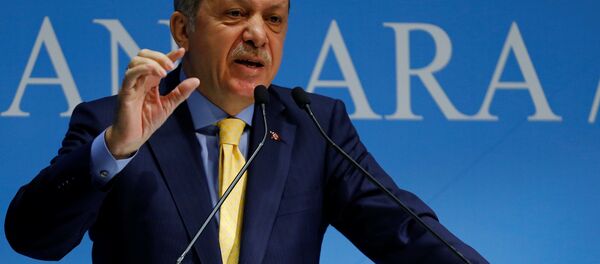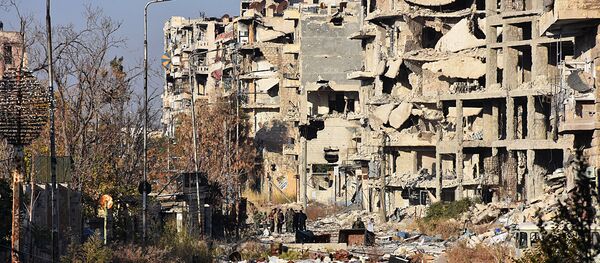Earlier this week, speaking at a symposium in Istanbul, Turkish President Recep Tayyip Erdogan said that the Turkish military operation in Syria is aimed to put an end to the rule of Syrian leader Bashar Assad.
"There is a difference between the goals Turkey is pursuing now in Syria and the initial goals of its military operation in Syria. Neither Ankara’s military tasks nor its political goals in Syria have been clearly formulated. The Turkish policy in Syria remains uncertain," Cavikoz said.
On August 24, Turkish forces, backed by United States-led coalition aircraft, began a military operation dubbed Euphrates Shield to clear the Syrian border town of Jarablus and the surrounding area of Daesh. As Jarablus was recaptured, the joint forces of Ankara, the coalition and Syrian opposition groups continued the offensive southwest.
Finally, Erdogan has said that the Euphrates Shield operation was designed to topple Assad.
The remark immediately sparked outrage in Damascus.
"Erdogan's statements about the goals of Turkish aggression in Syria put an end to his lies and clearly revealed that Turkish aggression on Syrian territory is nothing more than a result of ambitions and illusions," the Syrian Foreign Ministry said in a statement.
"Meanwhile, Ankara should realize that in the current situation the Syrian settlement is impossible without Assad," Cavikoz argued.
The diplomat suggested that one of the reasons behind Ankara’s intensified combat actions in Syria is related to the attempts of key players to strengthen their positions before Donald Trump’s inauguration in the US.
"The new American president will assume power on January 20. Then, Washington and Moscow will start a new round of contacts on the Syrian settlement. Possibly, the Geneva talks will resume. Thus, before sitting down to the negotiating table, all parties are likely to boost their influence and strengthen positions on the ground," Cavikoz said.





